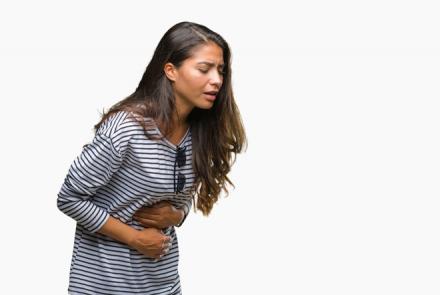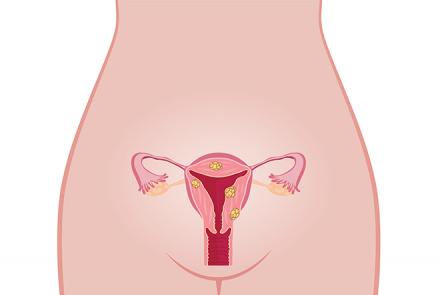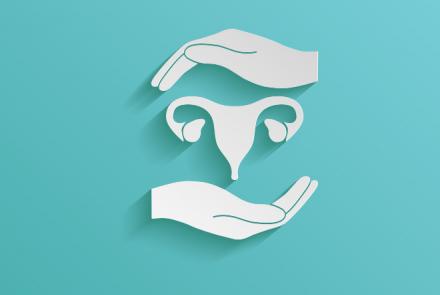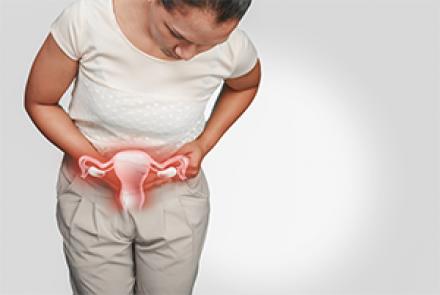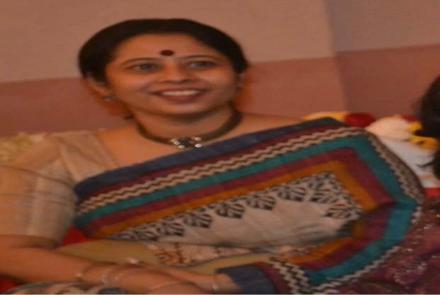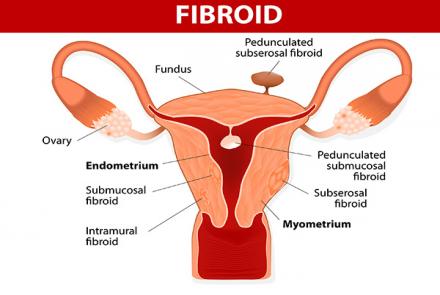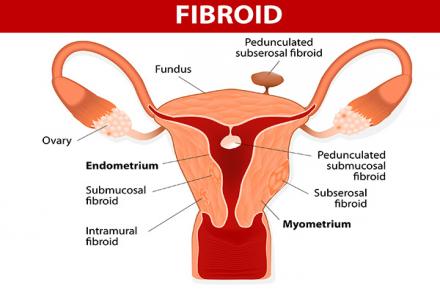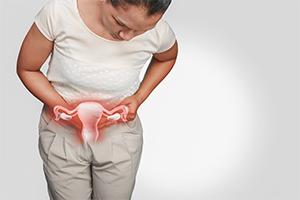
When you have a health problem, it is always important to understand what it is and to learn about its causes, symptoms and prevention. So next time you visit your doctor, go prepared with a list of questions. It will help you be more informed and less stressed. To enable you to make the most of your doctor’s appointment, we bring you a new series called ‘What to Ask your Doctor’ starting with questions on Uterine Fibroids.
A uterine fibroid is a benign tumor that grows in the wall of the uterus or womb causing heavy menstrual bleeding, pelvic pressure or pain, frequent urination and backache or leg pain. One in five women develops uterine fibroids by the time they turn 50. It is one of the most common reasons why hysterectomy is performed.
Remember - The more you know about your illness, the better you can manage your health.
General Questions on Uterine Fibroids:
- What are uterine fibroids? Where do they grow?
- What are the risk factors for fibroids?
- What symptoms or signs can I expect?
- How are fibroids diagnosed?
- What are common treatment options?
This is what you can read about Uterine Fibroids when you visit the doctor.
Questions to ask your doctor if you have Uterine Fibroids:
- How many fibroids do I have?
- What size are they?
- Where exactly are they located?
- Will they continue to grow larger? How soon are they growing?
- What symptoms can I expect?
- How can I manage these symptoms? Are there any remedies?
- What tests can help keep track on my fibroids?
- How will fibroids affect me if I get pregnant?
- What are my treatment options?
- Can fibroids return after treatment or removal?
- Would you recommend a hysterectomy and why?
- Can fibroids lead to Cancer?
Also read: A personal experience of Uterine Fibroids



